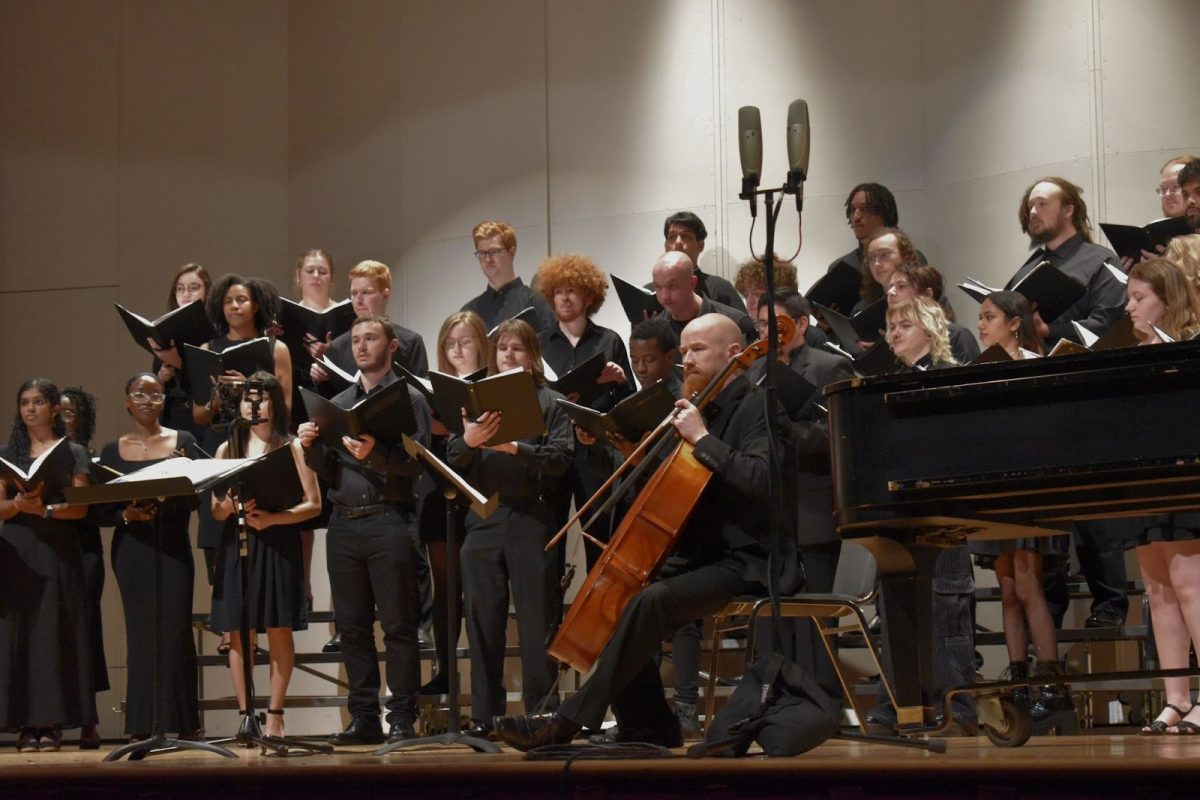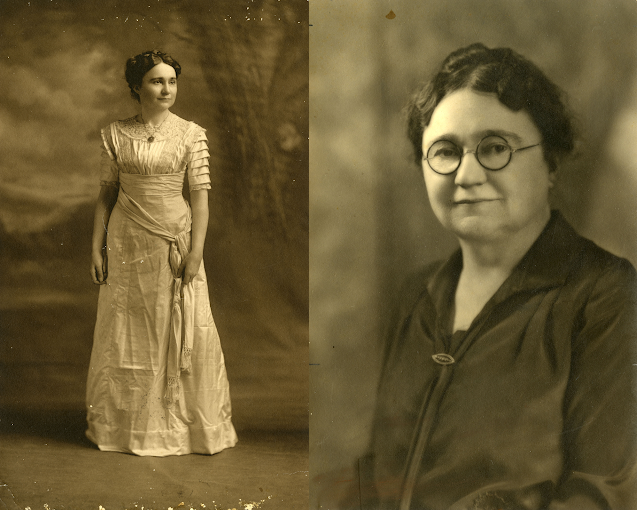“I lost two cousins in one weekend due to violence from al-Assad’s forces,” said Dr. Muhammad Arida to the Guilfordian. “The people that are dying in Syria are being killed at genocidal levels.”
It has been over two years since protests in Syria were violently suppressed by Bashir Al-Assad’s regime. In that time Dr. Arida, a cardiologist who immigrated to America shortly after finishing school at the University of Damascus, has done his best to help those affected by the Syrian civil war.
Dr. Arida works closely with Al-Aqsa Community Clinic in Greensboro where he organized with clinic founder Amal Khdour to donate aid to refugees of the crisis through the Syrian American Medical Society.
“The Syrian American Medical Society has focused on sending aid in the form of medical staff and supplies,” said Katrina Jorgensen of SAMS through e-mail. “We’ve saved over 92,000 lives and sent $5.5 million in medical aid. Our organization runs on volunteers and donations alone.”
Through the tenacious benevolence ingrained in doctors, Dr. Arida organized Al-Aqsa Community Clinic’s 45 volunteers and 2,000 patients to donate aid. Two trailers were filled with blankets, food and supplies this summer and given to SAMS to help the Syrian refugees.
“Giving aid to those affected by the violence in Syria is like putting band-aids on someone who is dying from internal bleeding,” said Arida. “The al-Assad regime are the cause of the nations internal bleeding; it is pointless to address any other wound until you heal the most drastic affliction.”
The debate of military force in Syria rarely takes into account the perspectives of those affected by the violence, and the human cost of inaction. Often the discussion of Syrian intervention regresses to the foreign policy failure of the Iraq War.
“It is important to remember that the Syrian conflict started as a series of peaceful protests aligned with the ‘Arab Spring,’” said Dr. Arida. “It was the al-Assad regime that began brutalizing the citizens because they would not disperse. The rebels asked for our help then, and we chose to ignore them.”
“Syria is a perfect storm for Al-Queda-type extremism,” said sophomore Omar Jasim, an Iraqi born student. “Al-Queda was dying during the Arab Spring, now it is blossoming in the chaos of the Syrian civil war.”
Dr. Arida fears that if the growing influence of extremist groups is not curtailed now, they may become influential in Syria.
“Without American support to the rebel groups, the moderate forces will become the minority,” said Dr. Arida. “Our inaction will become action for extremist groups to radicalize the population.
“The specter of Iraq hangs over this war; it is why the U.S. has not involved itself. It is a ghost that negatively affects U.S. foreign policy.”
Amal Khdour, founder of Al-Aqsa community clinic, agrees with Dr. Arida that our collective sins in Iraq are blinding the recent success of U.S. diplomacy.
“Intervention in Syria is more like the U.N. assistance of Libyan rebels in their civil war,” said Khdour. “Libya improved America’s standing in the Middle East because the implementation of a no-fly zone balanced the equation for the rebels to control their destiny.”
Khdour believes that balancing the field of war for rebel groups emboldens U.S. foreign policy.
“It shows that democracy isn’t easy, it isn’t pretty; but it is fair,” said Khdour.
“Not every intervention is bad, said Dr. Arida. “Going to war over false information was obviously a grave error. However, we cannot stand aside while one-third of the Syrian population is displaced and 5,000 people are killed each month.
“In a democracy, inaction to stop a tragedy, essentially, is culpability to that crime.”






